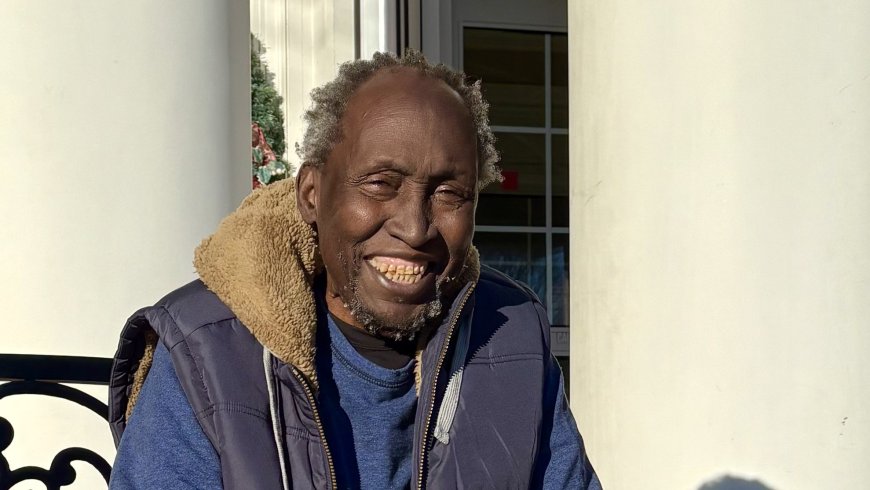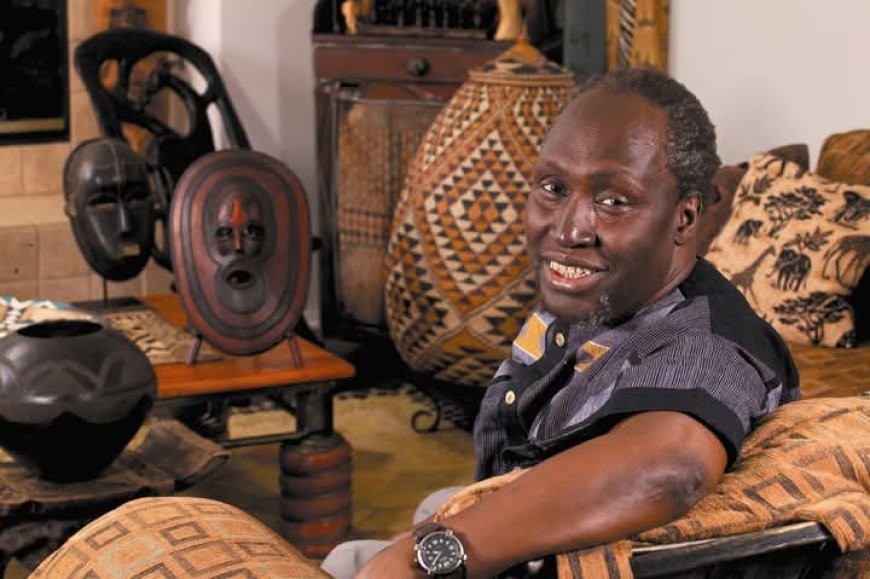Kenyan Author Ngugi wa Thiong'o Dies
The news was announced by his daughter, Wanjiku wa Ngugi

Kenyan literary luminary and esteemed wordsmith, Prof. Ngugi wa Thiong’o, is dead.
The news was announced by his daughter, Wanjiku wa Ngugi, on her Facebook account on Wednesday, May 28.
"It is with a heavy heart that we announce the passing of our dad, Ngũgĩ wa Thiong'o, this Wednesday morning, 28th May 2025. He lived a full life, fought a good fight. As was his last wish, let's celebrate his life and his work. Rîa ratha na rîa thŭa. Tŭrî aira! ," she wrote in part.
wa Ngugi further announced that the family's spokesperson will announce details of his celebration of life soon.

The now-deceased Kenyan author, Ngugi wa Thiongo. /WANJIKU WA NGUGI
The cause of wa Thiong'o's death was not immediately revealed. He was 87 years old at the time of his passing.
Ngũgĩ wa Thiong’o was a legendary Kenyan writer, academic, and activist widely considered one of Africa’s most influential literary voices. Born in 1938 in colonial Kenya, he came of age during the Mau Mau uprising against British rule, and that experience deeply shaped his worldview and writing.
Originally writing in English, Ngũgĩ broke new ground in African literature with early novels like Weep Not, Child and The River Between, which explored themes of colonialism, identity, and the tensions between tradition and modernity. But his impact goes far beyond just storytelling — he became a cultural warrior who believed literature should serve the people, not just entertain elites.
In the late 1970s, Ngũgĩ made a radical and defining move: he abandoned writing in English and chose to write in his native Gikuyu language, arguing that language is a tool of power, and to truly decolonise African minds, writers had to embrace their indigenous languages. This shift wasn’t just symbolic — it was risky.
After co-writing a political play in Gikuyu that criticised post-independence corruption, he was arrested by the Kenyan government and imprisoned without trial. He famously wrote Devil on the Cross on toilet paper while in detention.
Ngũgĩ’s work since then — both fiction and non-fiction — has been focused on dismantling colonial legacies, pushing for linguistic liberation, and empowering African cultures to stand on their terms. Books like Decolonising the Mind are essential reading in postcolonial studies and remain powerful manifestos for cultural sovereignty.
Despite being exiled from Kenya for years, Ngũgĩ continued to write, teach, and challenge systems of oppression, earning global recognition and countless literary honours. He was more than just a writer — he was a revolutionary voice in the global fight against cultural erasure.
Ngũgĩ’s academic career took him to top-tier universities such as Northwestern, Yale, and NYU, before he eventually became a Distinguished Professor of Comparative Literature and English at the University of California, Irvine.
He was often seen as a strong contender for the Nobel Prize in Literature, and his long list of honours includes the International Nonino Prize in 2001 and the Park Kyong-ni Prize in 2016.
He now leaves behind a towering literary legacy and a family of writers, including Mukoma wa Ngugi and Wanjiku wa Ngugi.






